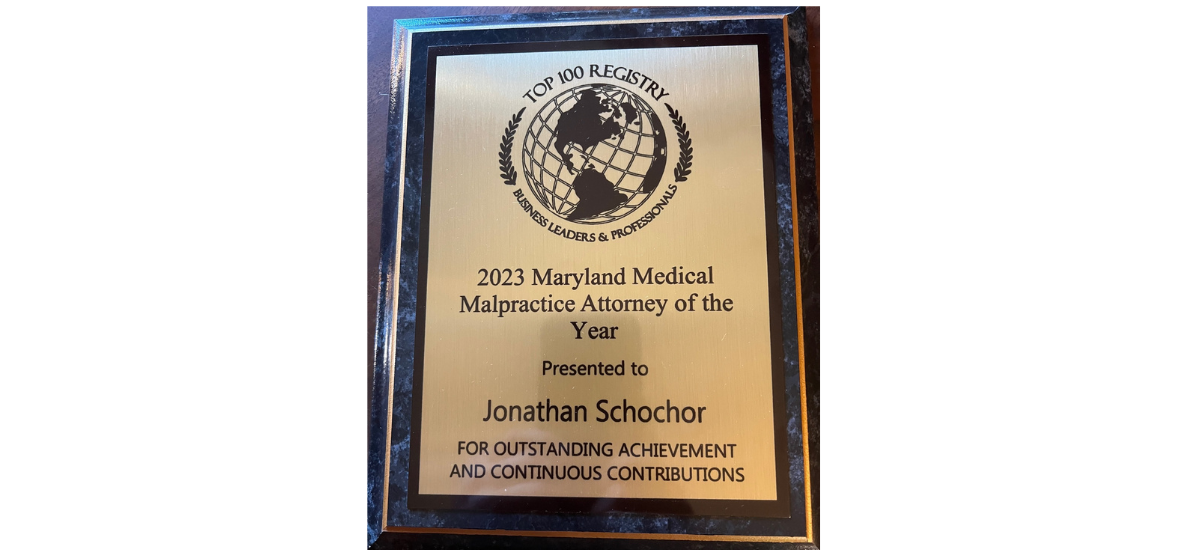Report Reveals 80 Years of Clergy Sexual Abuse in the Archdiocese of Baltimore
A sweeping investigation from the Maryland attorney general reveals hundreds of young people were...
Keep Reading
A sweeping investigation from the Maryland attorney general reveals hundreds of young people were...
Keep Reading
New research suggests a dramatic jump in physician burnout that is likely to impact...
Keep Reading
In September, the Federal Bureau of Investigation (FBI) released an alert regarding the risk...
Keep Reading
Pharma companies continue to settle lawsuits related to the opioid epidemic in this country....
Keep Reading

Obtaining the CLM credential is a significant achievement. A CLM certification demonstrates a mastery...
Keep Reading
The US Food and Drug Administration (FDA) recently announce a recall of a medical...
Keep Reading
A recent large study suggests anesthesiologists who split their time over multiple operating suites...
Keep Reading
Icon Honors recognizes Maryland business leaders, over the age of 60, for their notable...
Keep Reading